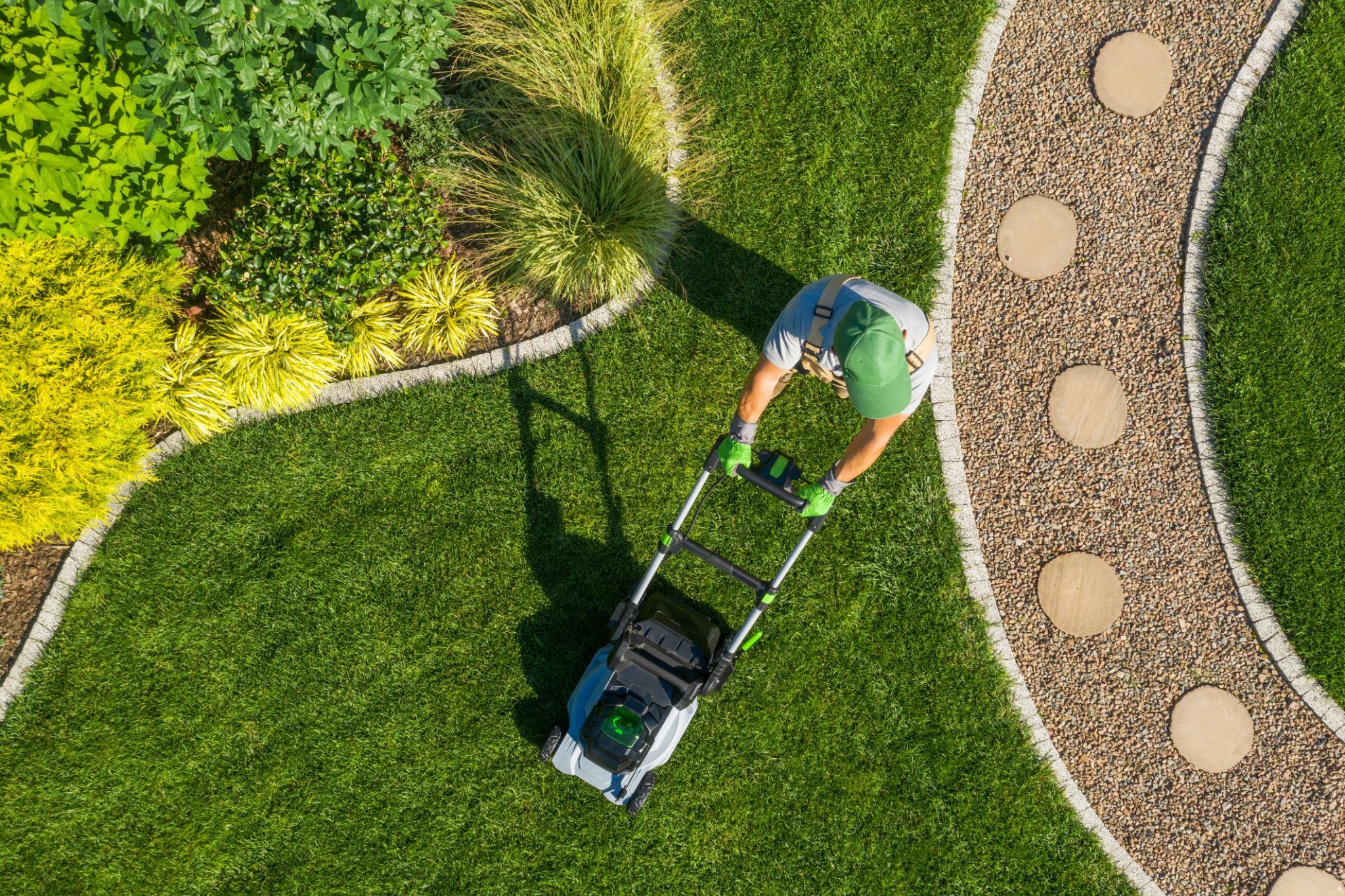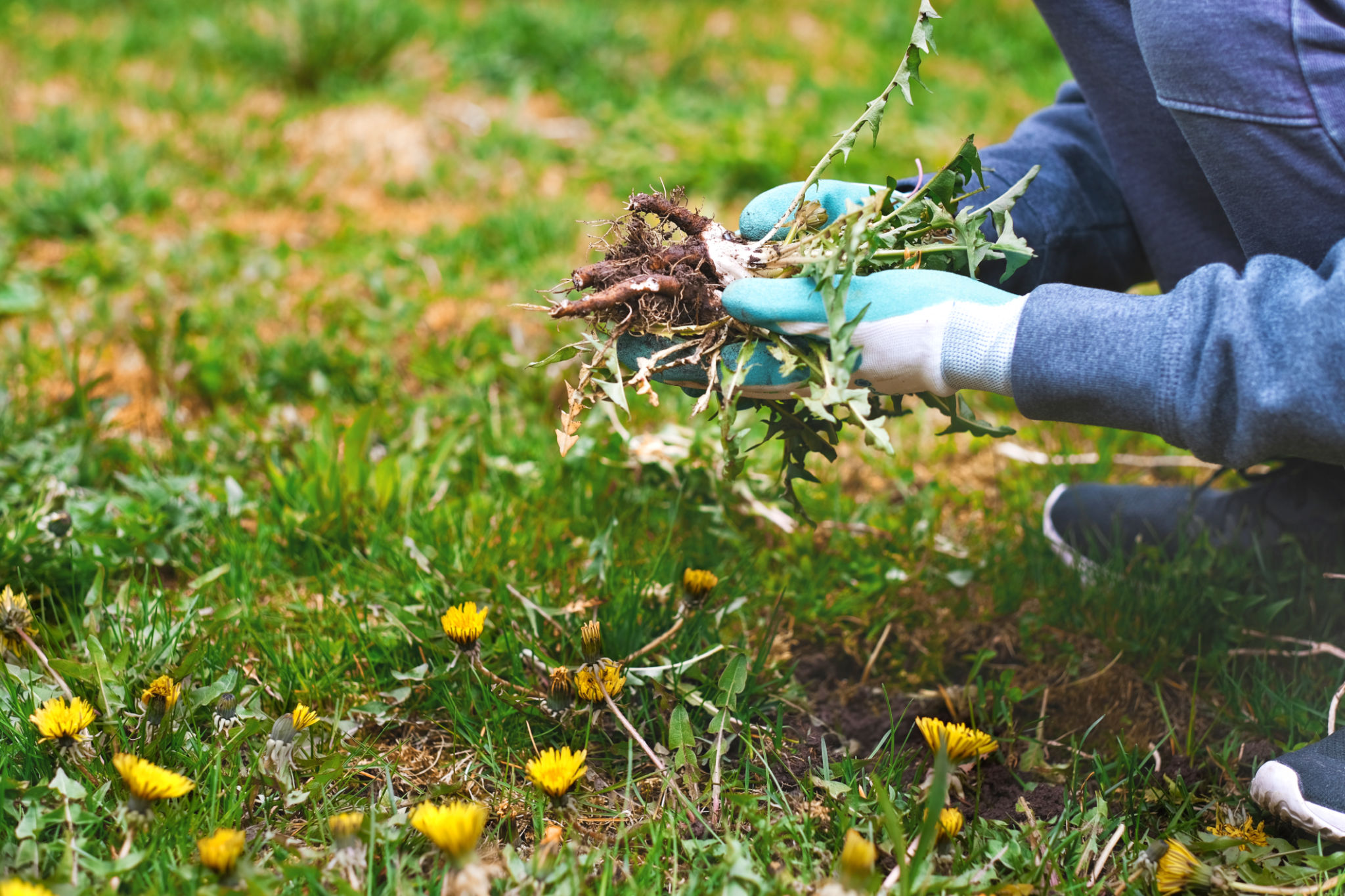Common Lawn Care Myths Debunked: What You Really Need to Know
Understanding Lawn Care Myths
When it comes to maintaining a lush, green lawn, many homeowners rely on advice they've heard over the years. However, not all of this advice is grounded in fact. In this post, we'll debunk some of the most common lawn care myths and provide you with the knowledge you need to keep your lawn healthy and beautiful.

Myth 1: Water Your Lawn Every Day
One of the most prevalent myths is that lawns need to be watered daily. In reality, **overwatering can harm your lawn** more than it helps. Grass roots need oxygen to thrive, and excessive watering can drown them. Instead, aim to water your lawn deeply, but less frequently. This encourages deeper root growth and makes your lawn more drought-resistant.
Myth 2: Shorter Grass Equals Less Mowing
While it might seem like cutting your grass shorter will save you time between mowings, it can actually damage your lawn. Cutting grass too short, a practice known as scalping, stresses the grass and makes it more susceptible to pests and disease. It's generally best to follow the "one-third rule": never cut more than one-third of the blade length at a time.

Fertilizer Facts and Fiction
Fertilization is another area rife with misconceptions. Many believe that more fertilizer always means a healthier lawn. This isn't true; over-fertilizing can lead to nutrient runoff and environmental damage. It's important to apply the right type and amount of fertilizer at the appropriate times for your specific grass type.
Myth 3: Fertilizer is Only Needed in Spring
While spring is a crucial time for fertilization, it's not the only time your grass needs nutrients. Fall fertilization helps strengthen roots and prepare your lawn for winter. Feeding your lawn in the fall can lead to a healthier, greener lawn in the spring. Consider a balanced fertilization schedule throughout the growing season for optimal results.

Weed Control Myths
Weeds are the enemy of a pristine lawn, but not all strategies for controlling them are effective. A common myth is that all weeds can be eliminated simply by pulling them out. While this might work for some, many weeds have deep roots that need to be addressed with a proper herbicide or consistent treatment approach.
Myth 4: Vinegar is an Effective Weed Killer
Some people swear by vinegar as a natural weed killer, but its effectiveness is limited. While vinegar can kill the leaves of some weeds, it often fails to destroy the root system, allowing weeds to return. For persistent or extensive weed problems, consider using commercial herbicides designed for your specific weed issues.

The Importance of Correct Information
Understanding the truth behind these common lawn care myths can lead you to better practices that ensure the health and beauty of your lawn. By watering wisely, mowing correctly, fertilizing appropriately, and managing weeds effectively, you can maintain a vibrant landscape that enhances your home’s curb appeal year-round.
Remember, every lawn is different, and factors like climate, soil type, and grass species all play a role in determining the best care practices. Continuously educating yourself about proper lawn care techniques will help you achieve the greenest, healthiest lawn possible.
